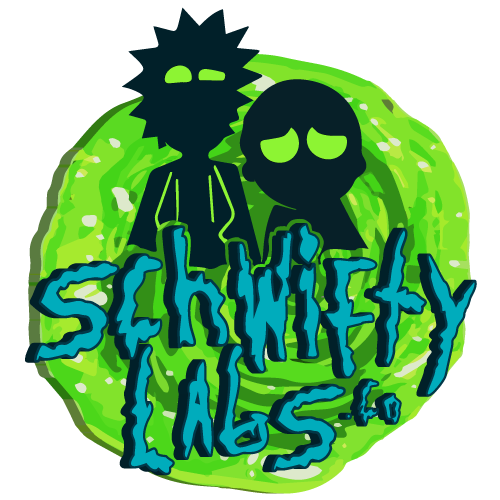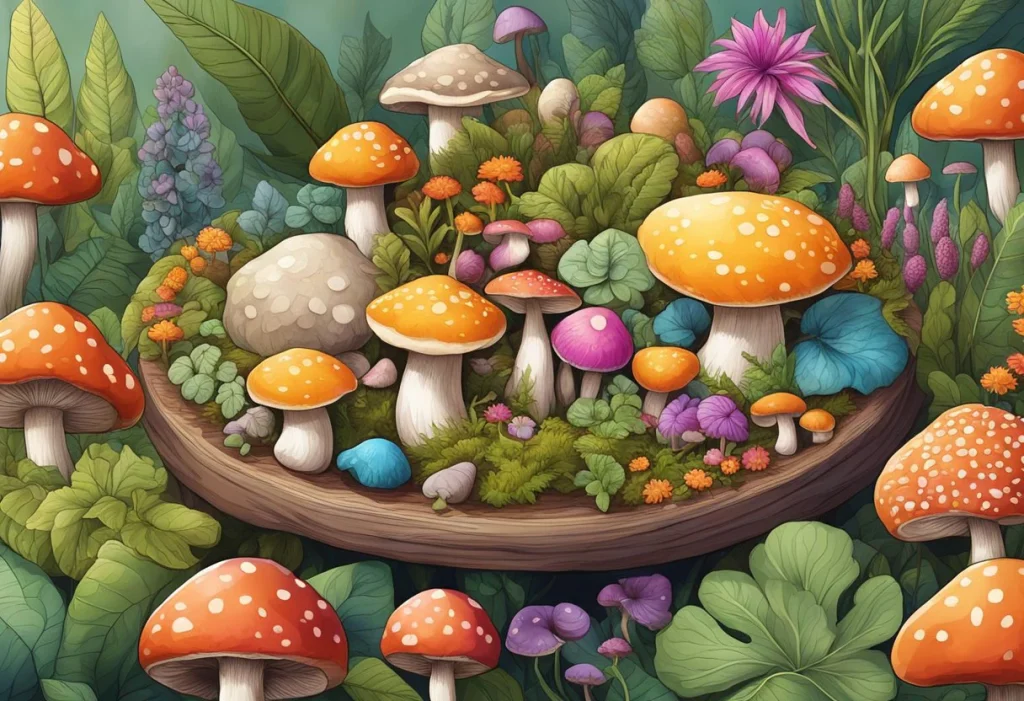CBD, LSD, Magic Mushrooms
Edible LSD for Mental Fatigue: Can It Cut Through Brain Fog?
Edible LSD for Mental Fatigue: Can It Cut Through Brain Fog?
In today’s fast-paced, hyperconnected world, mental fatigue and brain fog have become all too common. Whether it’s due to lack of sleep, overstimulation, chronic stress, or burnout, millions of people report feeling mentally drained, unfocused, and cognitively sluggish. As traditional remedies like caffeine, nootropics, or even rest fail to deliver consistent results, interest is growing in alternative solutions. One of the most controversial and intriguing possibilities? Edible LSD.
Microdosing LSD — taking tiny, sub-perceptual doses — has emerged as a fringe but fast-growing practice among tech professionals, creatives, and biohackers. But can LSD, particularly in edible form, really help clear the mental haze? Let’s dive into the science behind LSD, its potential role in combating brain fog, and the risks involved.
What Is Mental Fatigue and Brain Fog?
Before exploring how LSD might help, it’s important to understand what mental fatigue and brain fog actually are. While not clinical diagnoses, they describe a state of cognitive dullness — difficulty concentrating, poor memory recall, lack of motivation, and slowed processing speed. It’s often linked to neurotransmitter imbalances, chronic stress, poor sleep, and inflammation in the brain.
Conventional strategies like rest, hydration, exercise, and supplements can help, but they don’t always work for deeper, persistent mental fog.
LSD in Edible Form: What Does It Mean?
LSD is typically consumed as a blotter tab placed under the tongue, but edible LSD refers to the substance being infused into food items such as gummies, chocolates, or capsules. These edibles still deliver the same active compound, lysergic acid diethylamide, but offer a discreet and controlled delivery method, especially useful for microdosing.
Unlike edibles made from THC or CBD, edible LSD is not yet legal in most parts of the world, and its use remains underground or restricted to research environments.
How LSD Might Combat Brain Fog
LSD interacts mainly with the serotonin system, particularly the 5-HT2A receptor, which plays a crucial role in mood, cognition, and perception. At microdoses (usually between 5–20 micrograms), LSD doesn’t cause hallucinations but may enhance focus, creativity, and cognitive flexibility.
Here’s how it might help reduce mental fatigue:
- Increased Brain Connectivity:
Functional imaging studies show that LSD increases communication between different parts of the brain. This can lead to faster idea generation, clearer thinking, and improved problem-solving. - Enhanced Neuroplasticity:
LSD may promote neuroplasticity — the brain’s ability to form new neural connections. This can support cognitive resilience, especially when dealing with burnout or repetitive mental tasks. - Modulation of the Default Mode Network (DMN):
The DMN is a network of brain regions associated with self-referential thinking, overthinking, and rumination — key contributors to brain fog. LSD reduces activity in the DMN, potentially providing mental clarity and a refreshed perspective. - Mood Enhancement:
Mental fatigue is often accompanied by low mood or irritability. Microdoses of LSD have been reported to elevate mood, boost motivation, and reduce anxiety — all of which support clearer mental functioning.
What Does the Research Say?
While anecdotal reports are abundant, scientific research on LSD microdosing is still in its early stages. A few small studies and surveys suggest positive outcomes, including improved mood, focus, and creativity. However, placebo-controlled studies have yielded mixed results, with some showing no significant cognitive benefits.
That said, the placebo effect in psychedelics is particularly strong, which complicates the research. Still, the consistency of anecdotal feedback keeps the conversation alive — especially among professionals seeking a mental edge.
Risks and Considerations
Even in small doses, LSD is a powerful psychoactive substance. While microdosing is considered relatively safe, it can still cause anxiety, insomnia, heart palpitations, or jitteriness in some individuals. There’s also the legal risk, as LSD remains a Schedule I substance in many countries.
Using LSD without medical supervision can be especially risky for individuals with a personal or family history of mental health disorders, particularly psychosis or bipolar disorder.
The Future of Cognitive Enhancement?
The interest in edible LSD for mental fatigue reflects a broader shift in how we view brain health. As society continues to grapple with stress, overwork, and cognitive overload, people are increasingly willing to explore novel approaches.
Some biotech startups are already exploring regulated, clinical-grade microdosing treatments, and several countries are re-evaluating the legal status of psychedelics for mental health use. If future research confirms LSD’s benefits for cognitive enhancement, edible formats may become part of the next wave of precision cognitive therapies.
Final Thoughts
Edible LSD may hold potential as a brain fog-fighting tool, but much remains unknown. While early evidence and user reports point to promising benefits in mood, focus, and cognitive clarity, the risks — both psychological and legal — should not be overlooked. For now, anyone considering this path should proceed with caution, education, and professional guidance.
As research continues, we may soon see more concrete answers to the question: Can LSD truly cut through mental fatigue and offer a clearer mind?
Let me know if you’d like a shorter version, SEO-optimized meta tags, or a visual layout suggestion for a blog post.

